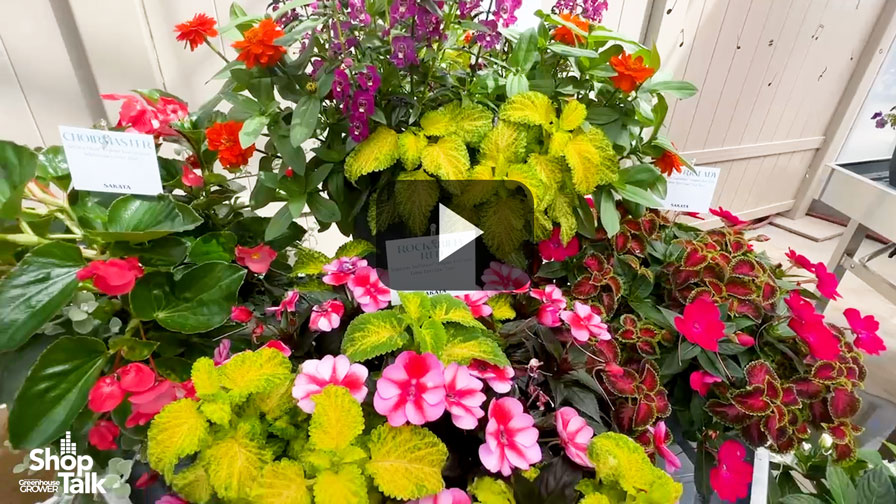Fighting City Hall
Heading into spring, we know local watering restrictions are going to make or break our industry in many parts of the drought-parched Southeast.
The latest battleground is Raleigh, N.C., where city officials banned all outdoor watering starting Feb. 15. City council voted unanimously in favor of the ban, despite the pleas of several hundred growers and landscapers who attended the meeting to seek alternatives and fair treatment. The North Carolina Green Industry Council also rallied industry members to write letters to each official supporting our industry, emphasizing key points and offering alternatives to a complete ban.
The day before the meeting, I was excited to hear growers were mobilizing and doing everything you’d expect them to do to stop the ban. The morning after, I was stunned when I learned the mayor and city council completely ignored a few hundred voters and taxpayers — owners of businesses who have been community supporters. At the very least, I expected the ban to be tabled or delayed. It was final. Raleigh’s local green industry did not have the relationship required to negotiate this ban, which is an all-too common and unfortunate scenario.
I spoke with grower-retailer Joe Stoffregen of Homewood Nursery later that week. He said the mayor, Charles Meeker, wouldn’t even look at the crowd as he meekly explained council was going to move forward with the vote without giving constituents in the crowd the floor.
Earlier, the mayor had tried to implement more universal restrictions on all water users, but city council did not support them. While unpopular, levying price increases and restrictions against all users is the most equitable and efficient way to address a water shortage. Fees collected can be earmarked for infrastructure improvements to ensure the future of a reliable water supply.
Stoffregen said he has reduced his production this year and will be focusing more on containers, hanging baskets and indoor potted plants. He’s keeping his people employed until he’s out of business, and going down with them, if it comes to that. The part that hurt the most, he said, was hearing city officials tell him his business wasn’t valued.
A Positive Precedent In Georgia
The news is much better in Georgia this year. The Georgia Agribusiness Council and Urban Agricultural Council have prevailed in persuading Georgia’s Governor Sonny Perdue to ease outdoor watering restrictions while still calling for a 10 percent reduction in water use by all permit holders.
Hand watering will be allowed for 25 minutes per day on an odd-even schedule between midnight and 10 a.m. Odd-numbered addresses can water on Tuesday, Thursday and Sunday and even-numbered addresses can water Monday, Wednesday and Saturday. New professionally installed landscapes can be watered up to three days a week for 10 weeks on the odd/even schedule, but the landscapes must be registered with the Outdoor Water Use Registration Program.
Kellie Brown, who owns a garden center in north Georgia, encourages growers and landscapers in Raleigh to write letters to their governor, lieutenant governor and state and federal legislative representatives, as well as letters to editors of their local newspapers, with specific details of their business situation.
"One thing that is now clear, hindsight you know, is all of us in the green industry have not been unified as one powerful voice," Brown says. "We have a lot to learn from other industries and corporations who have built strong memberships and resources."








